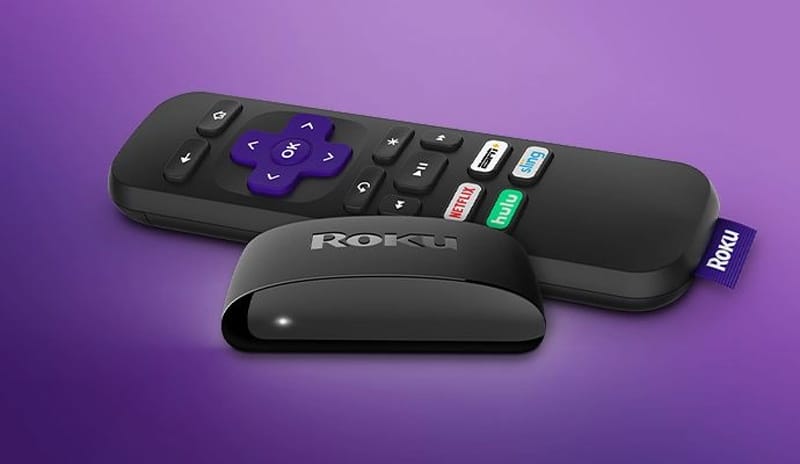In their Q4 2019 letter to shareholders, Roku said they expect half of U.S. households will be cord-cutters by 2024. It’s not even a bold prediction by Roku, a streaming platform that has gobbled up a huge market share — greater than even Amazon’s Fire TV.
In the letter Roku’s CEO Anthony Wood said, “We have now entered the streaming decade when we believe consumers around the world will choose streaming as their primary way of viewing TV.”
However, it’s more likely the streaming decade began when Netflix started to dominate. Now that majors like Apple and Disney have joined the Streaming Wars, we’ve entered the race to unification.
CHECK OUT: Roku makes Fox Corp dance in last-minute deal
Roku’s vital statistics
- Roku has 36.9 million active accounts.
- Users watched 40.3 billion hours of content via their platform.
- In Q4, the company made $259.6 million in revenue via ads, and $151.6 million in product sales.
- In 2019, video ad impressions more than doubled, and the company expects 2020 to double again.
- Roku isn’t like Netflix. It’s a platform that unifies streaming content rather than making it.
CHECK OUT: Roku and TVision find streaming tops linear TV in co-viewing and ad attention
The race to unification
Streaming is about exclusive content right now. Whoever has the best will likely get the premium subscription dollar. The issue is that over time, the best shows will be spread across too many services. Cord-cutters will face the conundrum of either paying more or turning to piracy.
To stay competitive in that market, premium streaming services will be racing to a $0 price point. This means ad-supported services will each fight for your attention.
The next step is accessibility. In a free market, the time it takes to get into the content is paramount. After subscriptions, account creation will go the way of the dodo. Everything will be based on the platform you’re watching the content on. Consider online stores or services: they always offer the option to pay via Amazon, or join via Facebook.
Streaming will likely go the same way. One account to rule them all.
Déjà vu
We’ve seen this path with mobile gaming. People want to be entertained, but subscription and sign-ups are a barrier between action and revenue.
This is why a platform like Roku has an advantage over a premium service. They only have to worry about access to users, licensing content, and providing robust ad services. Sign-ups, making content, and advertising for attention are everyone else’s problems.
Roku can just focus on building an audience using others’ content. The only thing that can stop them is if a major like Netflix or Amazon buys them before they become too big.
CHECK OUT: TV deal makes Roku streaming platform an international competitor
Cord-cutters looking to future-proof their setup should consider Roku devices, because they’re always supported, and that’s unlikely to ever change — 2024 and beyond.
